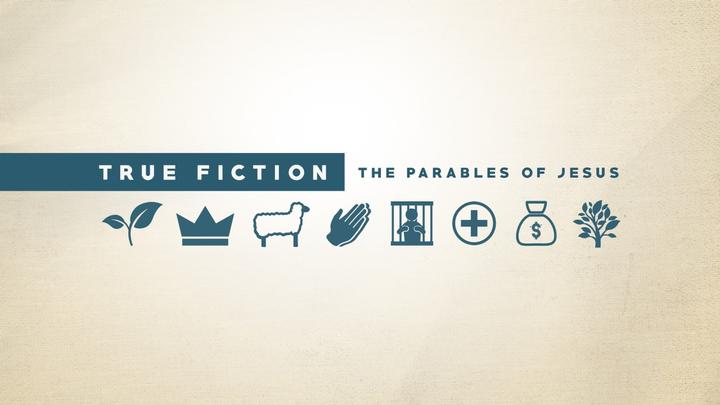
-

True Fiction: The Parables of Jesus - Week 1
| Sep. 05, 2018
-

True Fiction: The Parables of Jesus - week 2
| Sep. 12, 2018
-

True Fiction: The Parables of Jesus - week 4
| Sep. 26, 2018
-

True Fiction: The Parables of Jesus - Week 5
| Oct. 03, 2018
-

True Fiction: The Parables of Jesus - Week 6
| Nov. 28, 2018
-

What Happens to Children in the Rapture?
| Feb. 27, 2024
-

The Seven Churches of Revelation - Laodicea
| Feb. 27, 2024
-

The Seven Churches of Revelation - Philadelphia
| Feb. 20, 2024
-

The Seven Churches of Revelation - Sardis
| Feb. 13, 2024
-

The Seven Churches of Revelation - Thyatira
| Feb. 07, 2024
-

The Seven Churches of Revelation - Pergamum
| Jan. 30, 2024
-

The Seven Churches of Revelation - Smyrna
| Jan. 23, 2024
-

The Seven Churches of Revelation - Ephesus
| Jan. 17, 2024
-

Seven Churches - Intro
| Jan. 08, 2024
-

Rooted Session 1 Kickoff
| Sep. 13, 2023
-

Pillars for Parenting - Week 5
| Aug. 28, 2023
-

Pillars for Parenting - Week 2
| Aug. 23, 2023
-

Pillars for Parenting - Week 3
| Aug. 23, 2023
-

Pillars for Parenting - Week 4
| Aug. 23, 2023
-

Pillars for Parenting - Week 1
| Jul. 27, 2023
-

Missions Life
| Feb. 26, 2020
-

The Gospel of Luke: Faith With Certainty - Luke 6:17
| Jan. 29, 2020
-

The Gospel of Luke: Faith With Certainty - Luke 6:12, Leadership
| Jan. 22, 2020
-

The Gospel of Luke: Faith With Certainty - Luke 6:1-11, The Sabbath
| Jan. 15, 2020
-

The Gospel of Luke: Faith With Certainty - Luke 5:12-39
| Jan. 08, 2020

